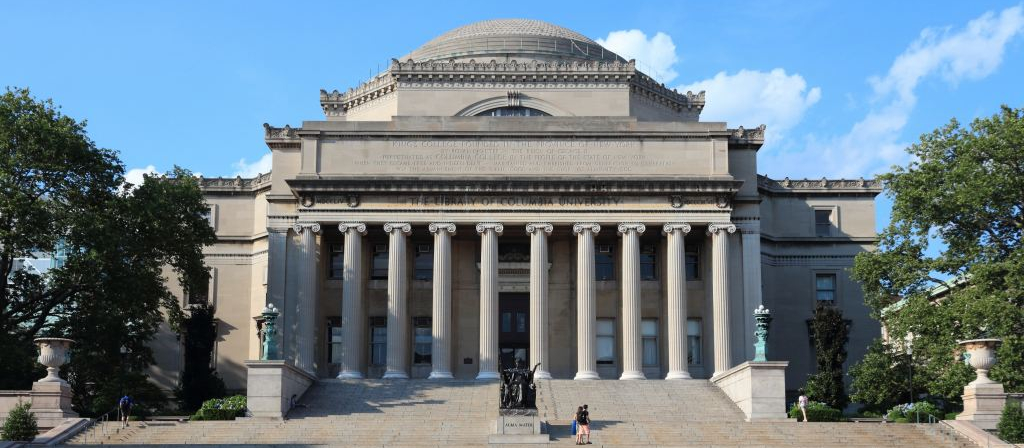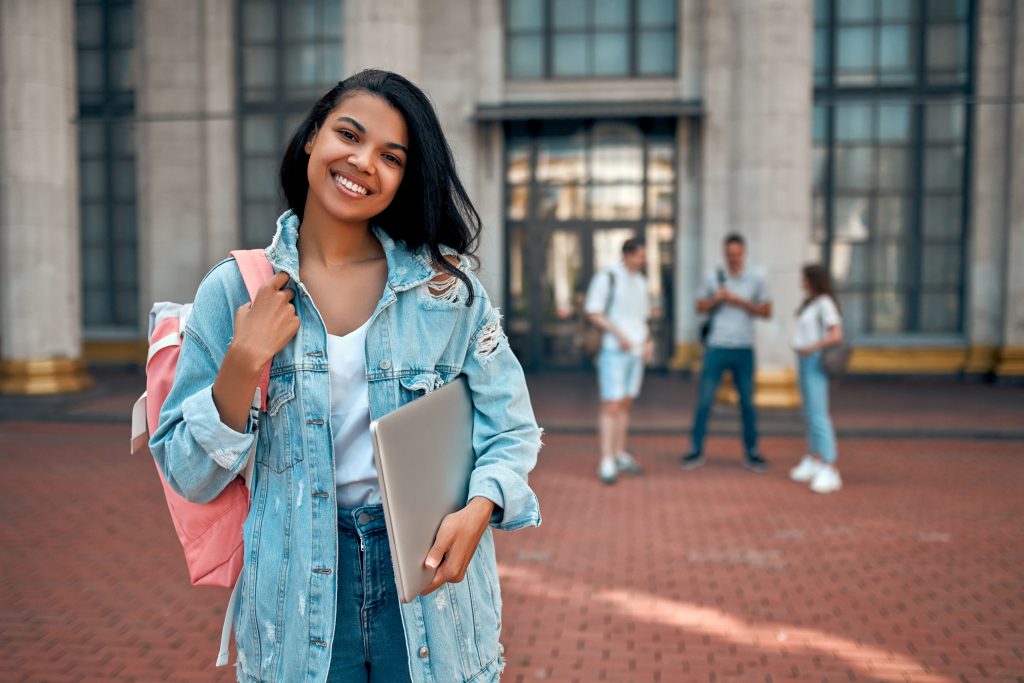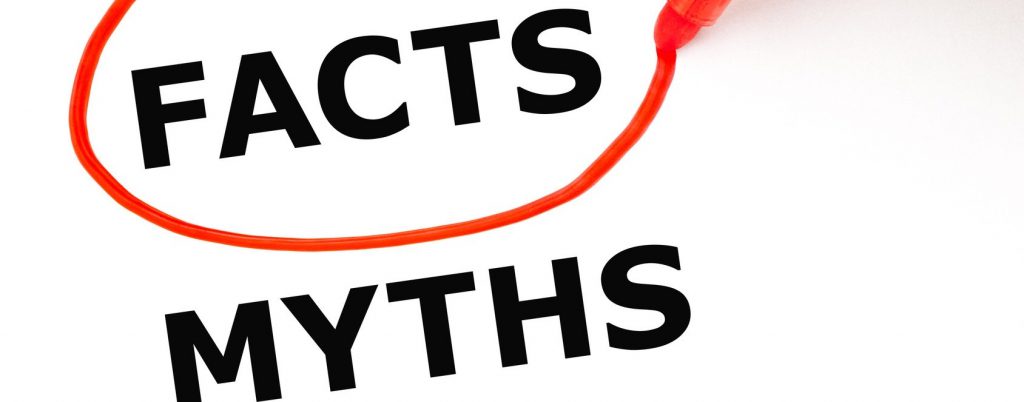As an Ivy League school based in New York City, Columbia University is a top choice for many students. The school offers a variety of well-regarded programs and is known for its signature Core Curriculum, part of the Columbia student experience for over a century.
Thousands of students submit applications to Columbia University each year due to its distinguished reputation. Because of this, students must prepare well in advance to submit a strong application for admission.
How to Get into Columbia University: Table of Contents
- When to Apply to Columbia University
- How Hard Is It to Get into Columbia: Early Prep
- How Do You Actually Get into Columbia: The Application
- Class Profile
- What Makes Columbia University Unique?
- Columbia University FAQs
When to Apply to Columbia University
Undergraduate applicants can apply to either Columbia College or Columbia Engineering. The application season starts August 1. Students have different application options, so it’s important to be aware of the required materials, steps, and deadlines for the option you choose.
Columbia Application Deadlines
Columbia’s application deadlines vary slightly from year to year, but generally occur around the same time in the academic calendar. For students applying during the 2025-2026 admissions cycle, the major application deadlines are as follows:
- November 1: Early Decision
- November 15: Early Decision financial aid materials
- January 1: Regular Decision
- February 15: Regular Decision financial aid materials
Columbia releases admissions decisions for Early Decision applicants in mid-December, and they have until early January to respond. Regular Decision students can expect a decision in late March and have until May 1 to accept or decline their spot.
Early, Rolling, and Regular Decision
Students going through the college admissions process will see a variety of application processes, such as Early Action vs rolling admission. It’s important to be familiar with the different options so you can choose the right one for you.
Students who have a clear top choice school may consider applying Early Action or Early Decision. Of these two early options, Columbia only offers Early Decision — if you apply ED and are admitted, you must commit to enrolling and withdraw all other applications. Early Action is a non-binding option. Both ED and EA require you to have a strong application without fall semester senior grades, but early application rounds often have higher admission rates.
Regular Decision is the most common admissions process. Students who apply to Columbia may choose RD if they need to include their fall term senior grades in their application or prefer a non-binding option.
Finally, there is rolling admissions. While Columbia University does not offer this option, many other schools do. Rolling admissions does not have strict deadlines, but students are generally encouraged to apply as early as possible to secure a spot in the class — applications are accepted until the class fills up.
Waitlisted Applications
Columbia University releases three types of decisions to Regular Decision applicants: admitted, denied, or waitlisted. If you are waitlisted, don’t think of it as a rejection — it simply means that Columbia does not have enough room in their class to admit all their qualified applicants. If you accept your spot on the waitlist, you can submit a single-page statement to Columbia expressing your interest. It’s worth considering that your chances of getting off the waitlist at competitive schools like Columbia tend to be extremely low.
Deferrals
Students who apply Early Decision may receive a deferral instead of being admitted or denied. This means that your application will be reviewed in the Regular Decision round. Many students want to know what to do if they have been deferred. Columbia admissions encourages deferred students to submit mid-year grades and provide updates about any significant achievements.
How Hard Is It to Get into Columbia: Early Prep
Like all Ivy League institutions, Columbia is highly selective with a low admission rate.
- Class of 2026: 3.74%
- Class of 2027: 4.00%
- Class of 2028: 3.86%
- Class of 2029: 4.94%
Columbia evaluates applicants holistically, meaning that you must build a competitive profile in both your academics and extracurriculars. Colleges look at all four years of high school so the sooner you start, the better.
Build Your Profile
Columbia University seeks to build a class of scholars and citizens — students who are intellectually curious, open to exploring new things, and eager to make an impact on the world. Your profile should reflect a stellar academic performance as well as meaningful contributions to your school and community.
Grades are the most important factor for admission at Columbia, but it is also crucial to pursue the most rigorous courses you can. In terms of extracurriculars, the admissions committee wants to see a sustained commitment to activities that are meaningful and aligned with your interests.
Visit the Campus
The best way to confirm if Columbia is your first choice is to visit the campus, not just to experience the atmosphere and get a taste of student life but also to get a feel for the surrounding area. Register for a one-hour guided campus tour — you can choose a general or engineering tour. These are led by current or recently graduated undergraduates.
Alternatively, you can stop by the Columbia Visitors Center for a copy of the self-guided tour. Virtual tours are available for students who can’t travel to campus.
Connect with a Student
Hearing from students is the best way to learn more about everyday life on campus. If you register for a tour, your tour guide will be a recent or current student who will be happy to answer your questions.
Learn About Any Student Experiences
The Columbia Visitors Center is also staffed with current and recent undergraduates. It can be helpful to learn about their experiences so you can get a sense of campus life from multiple perspectives.
How Do You Actually Get into Columbia: The Application
Columbia’s low admission rate demonstrates how difficult it is to be admitted — difficult, but not impossible. To give yourself the best possible chance, research the class profile of recently admitted students so you can see how you compare. The university releases Common Data Sets for each academic year that provide a lot of valuable information.
GPA Requirements
SAT and ACT Scores
Personal Statement
The personal statement is your response to one of the seven Common App essay prompts. This is one of the most important soft factors of your application, so it deserves time and thought. Choose the prompt that inspires the most creative and authentic response. Your essay should give the admissions committee more insight into who you are, so write about something that isn’t already mentioned elsewhere in your application.
Essays
In addition to your personal statement, you will need to write the Columbia University supplemental essays. Use these essays as an opportunity to demonstrate your interest in Columbia and how familiar you are with the school.
These are the Columbia-specific questions for 2025-26:
For the list question that follows, there is a 100 word maximum. Please refer to the below guidance when answering this question:
- Your response should be a list of items separated by commas or semicolons.
- Items do not have to be numbered or in any specific order.
- It is not necessary to italicize or underline titles of books or other publications.
- No author names, subtitles or explanatory remarks are needed.
For each of the five short answer questions, please respond in 150 words or fewer.
Questions
- List a selection of texts, resources and outlets that have contributed to your intellectual development outside of academic courses, including but not limited to books, journals, websites, podcasts, essays, plays, presentations, videos, museums and other content that you enjoy. (100 words or fewer)
- Tell us about an aspect of your life so far or your lived experience that is important to you, and describe how it has shaped the way you would learn from and contribute to Columbia’s multidimensional and collaborative environment. (150 words or fewer)
- At Columbia, students representing a wide range of perspectives are invited to live and learn together. In such a community, questions and debates naturally arise. Please describe a time when you did not agree with someone and discuss how you engaged with them and what you took away from the interaction. (150 words or fewer)
- In college/university, students are often challenged in ways that they could not anticipate. Please describe a situation in which you have navigated through adversity and discuss how you changed as a result. (150 words or fewer)
- Why are you interested in attending Columbia University? We encourage you to consider the aspect(s) that you find unique and compelling about Columbia. (150 words or fewer)
- What attracts you to your preferred areas of study at Columbia College or Columbia Engineering? (150 words or fewer)
Letters of Recommendation
Columbia University requests two recommendation letters from teachers. For engineering applicants, one letter must come from a math or science teacher. Ask teachers who know you well and can speak to your character as well as your academic performance. We recommend asking teachers as early as possible, since they may receive multiple requests for letters of recommendation.
Admission Interviews
As of the 2023-24 admissions cycle, Columbia stopped offering admission interviews. This decision was based on an increase in the number of applications and the limited availability of alumni interviewers, which prevented Columbia from providing interview opportunities to most applicants.
Contribution to the Columbia Community
The admissions officers at Columbia look for students who will contribute to the campus community. Your supplemental essays in particular present an opportunity to highlight what you hope to achieve on campus both in and out of the classroom. Be specific. Mention courses, instructors, extracurriculars, research opportunities, and events that particularly interest you.
Class Profile
What Makes Columbia University Unique?
While it is not the only prestigious university in New York City, Columbia University stands out in unique ways. Columbia is known for its Core Curriculum, which exposes students to a broad spectrum of ideas and perspectives in literature, history, philosophy, art, and science. Core classes are known for their small size, allowing students to interact and build relationships with faculty while developing skills essential for successfully navigating the greater world, such as observation, analysis, argument, and respect for a variety of ideas.
Qualifying students can enroll in a joint program with Juilliard, and Columbia’s affiliation with Barnard College allows students to cross-register for classes. In addition to academics, students have no shortage of options for extracurricular activities. Columbia University has more than 500 student organizations that span a diverse range of interests. Athletics include 31 varsity and 40+ intramural teams.
The university has an abundance of must-see destinations, including the Miller Theatre, the Lenfest Center for the Arts, St. Paul’s Chapel, and Butler Library. Notable alumni include Maggie Gyllenhaal, Isaac Asimov, Langston Hughes, Amelia Earhart, Warren Buffett, and Lou Gehrig, as well as U.S. Presidents Barack Obama, Theodore Roosevelt, Franklin D. Roosevelt, and Dwight D. Eisenhower.
Columbia University FAQs
Where is Columbia University?
Columbia University is in Manhattan in the heart of New York City.
What is Columbia University known for?
One of the eight Ivy League institutions, Columbia is known for its vibrant NYC location and its Core Curriculum — a multidisciplinary, foundational curriculum focused on important ideas and questions from across the humanities.
How many students attend Columbia University?
Nearly 36,000 students attend Columbia, only 10,000 of whom are undergrads.
What is the acceptance rate for Columbia University?
The undergraduate acceptance rate at Columbia has been at 4% or slightly lower over the past several admissions cycles.
What does Columbia University look for?
Columbia looks for highly intelligent, curious students who are open to new ideas and experiences and wish to make an impact on the world.
What GPA do you need to get into Columbia University?
Columbia does not specify a GPA requirement for admission. However, applicants have a better chance of acceptance if their GPA is high and they graduate in the top 10% of their class.
Admission Counseling
The highly competitive college admissions process can be daunting, especially when it comes to elite schools like Columbia University. Students hoping to gain admission to a top school can benefit from working with an admissions counselor who is qualified to help them highlight their best selves in every part of their application. College admissions experts understand the entire process, from building your profile to finalizing and submitting your application and essays.
IvyWise counselors have direct experience in admission at some of the most highly selective colleges and universities in the U.S., including Columbia. Schedule an Initial Consultation today to learn how we can help you achieve college admissions success.
Get Started




